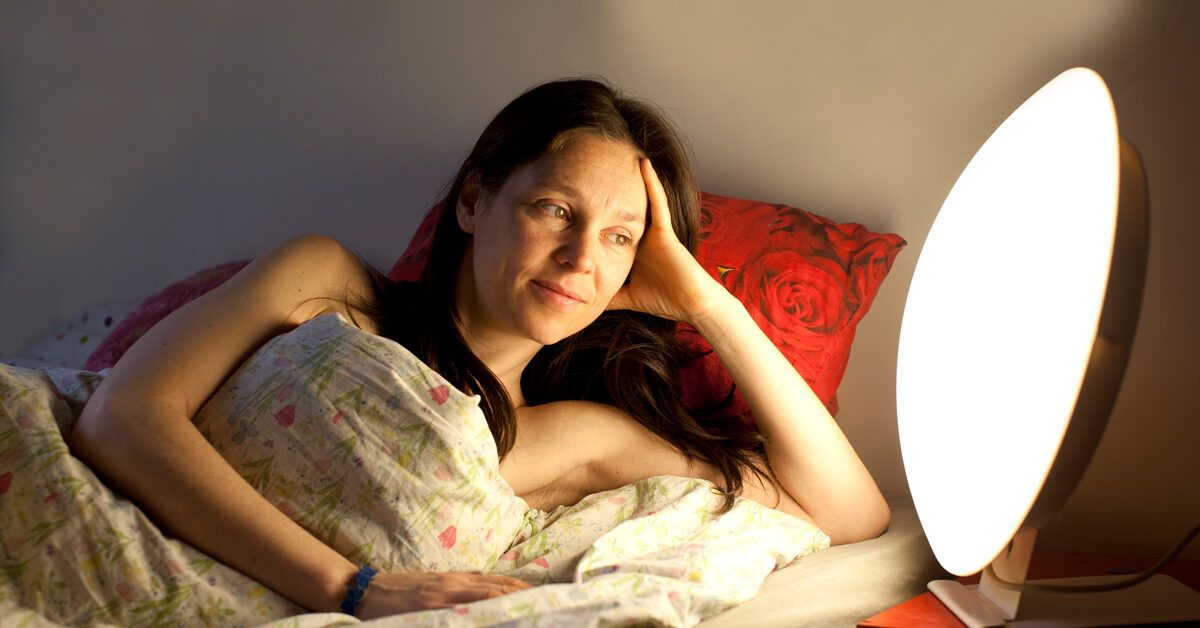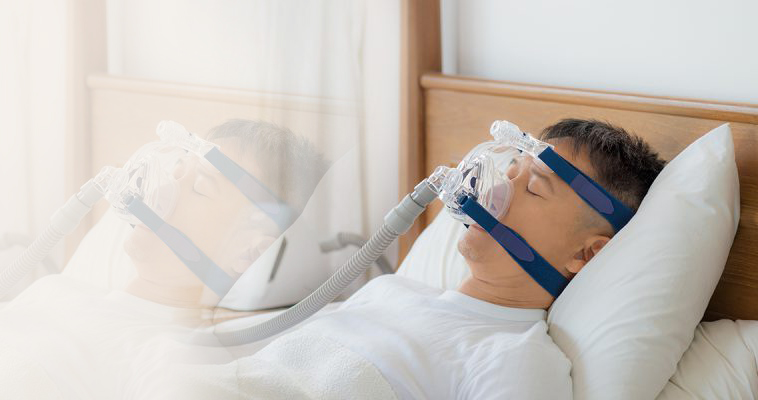Ingenious Insomnia Solutions - Find What Works for You
Ingenious Insomnia Solutions - Find What Works for You
Blog Article
Reliable Therapy Solutions for Handling Rest Disorders and Enhancing Peaceful Sleep
In the world of health care, the management of sleep disorders and the mission for restful rest are critical elements of overall wellness. Effective treatment solutions use a diverse strategy to tackle these difficulties, varying from cognitive behavior treatments to holistic practices that promote leisure and mindfulness. The exploration of different techniques, consisting of the assimilation of medicine and light treatment, opens a world of opportunities in the quest of far better sleep top quality. As we browse the intricate landscape of rest disorders and seek to boost our sleep experience, a much deeper understanding of these treatment solutions may hold the key to unlocking a more rejuvenating and fulfilling corrective trip.
Cognitive Behavior Treatment for Sleeping Disorders (CBT-I)
Cognitive Behavior Modification for Sleeping Disorders (CBT-I) is a structured, evidence-based therapy approach that concentrates on addressing the underlying factors contributing to rest disruptions. This type of therapy intends to customize behaviors and thoughts that exacerbate sleeplessness, ultimately promoting healthy sleep patterns. CBT-I normally includes a number of crucial parts, including cognitive therapy, sleep limitation, stimulus control, and rest health education.
Cognitive therapy assists people identify and transform adverse idea patterns and ideas concerning rest that may be hindering their capability to drop or stay asleep. Rest restriction entails limiting the quantity of time invested in bed to match the person's real rest duration, consequently raising sleep efficiency (insomnia specialist). Stimulus control techniques help develop a solid association in between the bed and rest by motivating individuals to go to bed only when sleepy and to avoid taking part in promoting tasks in bed
Moreover, sleep hygiene education and learning focuses on creating healthy and balanced sleep behaviors, such as preserving a regular rest routine, producing a relaxing going to bed regimen, and optimizing the rest setting. By attending to these aspects adequately, CBT-I provides an efficient non-pharmacological intervention for taking care of insomnia and boosting overall rest high quality.
Sleep Hygiene Practices
Having actually developed the foundation of cognitive restructuring and behavior alterations in addressing sleeplessness with Cognitive Behavioral Therapy for Sleep Problems (CBT-I), the focus currently shifts in the direction of exploring important Rest Health Practices for preserving ideal sleep quality and general wellness.
Rest hygiene techniques incorporate an array of practices and ecological elements that can considerably influence one's capability to drop asleep and stay asleep throughout the evening. Consistent sleep and wake times, creating a relaxing bedtime routine, and maximizing the rest setting by keeping it dark, silent, and cool are important components of great rest hygiene. Limiting exposure to displays prior to going to bed, avoiding energizers like caffeine close to going to bed, and participating in regular exercise during the day can likewise advertise far better sleep quality.
Moreover, exercising leisure strategies such as deep breathing workouts or meditation before bed can assist relax the mind and prepare the body for rest. By including these sleep health practices right into one's day-to-day regimen, individuals can establish a healthy sleep pattern that this contact form supports relaxed rest and general health.
Leisure Strategies and Mindfulness
Carrying out relaxation strategies and mindfulness practices can play an essential duty in cultivating a sense of calmness and advertising quality sleep. cognitive behavioral therapy for insomnia (CBT-I). These strategies aim to quiet the mind, reduce stress and anxiety, and produce an optimum setting for relaxing rest. One widely exercised method is deep breathing workouts, where individuals concentrate on slow, deep breaths to loosen up the body and mind. Modern muscle relaxation includes tensing and then releasing each muscle team, advertising physical leisure. onset insomnia Additionally, guided imagery can aid transfer individuals to a relaxed location in their minds, helping in anxiety reduction and improving rest top quality.
By incorporating these methods into a going to bed routine, people can indicate to their bodies that it is time to prepare and loosen up for sleep. On the whole, incorporating leisure strategies and mindfulness techniques can significantly contribute to handling rest disorders and improving overall rest quality.

Medicine Options for Rest Disorders
After checking out relaxation methods and mindfulness methods as non-pharmacological interventions for enhancing sleep quality, it is important to consider medication options for people with rest problems. In situations where way of life adjustments and therapy do not give enough alleviation, medication can be an important tool in managing rest disturbances.
Generally suggested medicines for rest disorders consist of benzodiazepines, non-benzodiazepine hypnotics, antidepressants, and melatonin receptor agonists. Antidepressants, such as trazodone, can be useful for individuals with co-occurring clinical depression and rest disruptions - insomnia counseling.
It is essential for individuals to speak with a doctor to identify the most appropriate medication alternative based upon their particular rest problem and case history.
Light Therapy for Circadian Rhythm Regulation
Light treatment, also called photo-therapy, is a non-invasive therapy approach made use of to regulate body clocks and boost sleep-wake cycles. This treatment entails direct exposure to intense light that imitates all-natural sunshine, which assists sleep moaning disorder to reset the body's interior clock. By subjecting individuals to specific wavelengths of light, generally in the early morning or evening depending upon the desired result, light treatment can properly readjust the body clock to promote wakefulness throughout the day and improve peaceful sleep at night.
Research has actually shown that light therapy can be especially helpful for individuals with body clock problems, such as delayed sleep stage disorder or jet lag. It can likewise be valuable for those experiencing seasonal affective problem (SAD), a sort of depression that commonly happens throughout the winter season when all-natural light direct exposure is reduced. Light therapy is usually well-tolerated and can be used in combination with other treatment techniques for sleep problems to optimize results and boost general sleep high quality.
Verdict
To conclude, effective therapy remedies for managing sleep disorders and boosting restful sleep consist of Cognitive Behavior modification for Sleep Problems (CBT-I), rest health methods, leisure techniques and mindfulness, drug choices, and light therapy for circadian rhythm law. These techniques can aid individuals boost their sleep high quality and general health. It is essential to seek advice from a doctor to establish the most appropriate approach for resolving sleep concerns.
As we browse the detailed landscape of sleep disorders and seek to improve our sleep experience, a much deeper understanding of these therapy options may hold the trick to opening a much more refreshing and fulfilling restorative trip.
Rest limitation includes restricting the quantity of time invested in bed to match the person's real rest period, thus increasing rest effectiveness. Constant sleep and wake times, producing a relaxing going to bed regimen, and optimizing the sleep setting by maintaining it dark, quiet, and cool are vital elements of great sleep hygiene. Light treatment is usually well-tolerated and can be utilized in conjunction with various other treatment methods for rest disorders to optimize results and improve overall rest high quality.

Report this page